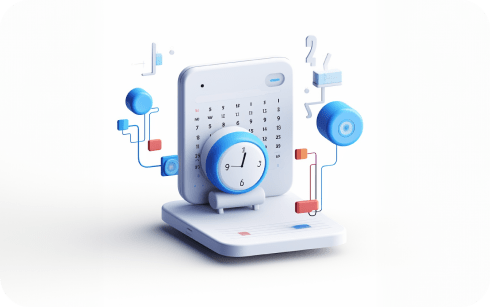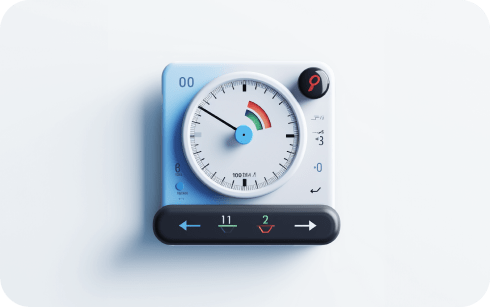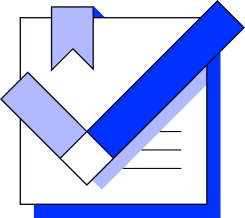
24/7 Availability
Chatbots offer round-the-clock customer support, improving service availability.
Chatbots, fueled by advancements in Artificial Intelligence (AI), Natural Language Processing (NLP), and Automation, are digital entities designed to emulate human-like conversations. These advanced software applications carry out dialogues with human users in their natural language, comprehending complex queries and executing tasks efficiently. By combining the power of AI and Process Automation, chatbots have become increasingly sophisticated. A concrete example of this can be seen in customer service chatbots, which can assist users in tracking their orders, providing instant, automated responses that simulate a seamless, human-like interaction, all without the need for human intervention.


Chatbots offer round-the-clock customer support, improving service availability.

They handle multiple inquiries simultaneously, increasing operational efficiency.

Chatbots reduce the need for large customer service teams.

They provide immediate answers, enhancing customer experience.

Chatbots gather valuable customer insights for business intelligence.

They ensure a uniform service quality, devoid of human inconsistencies.












Chatbots are permeating various industries, revolutionizing interactions and services. In banking, chatbots assist with account inquiries, transactions, and financial advice, significantly improving customer experience. The hospitality industry leverages them for handling reservations, providing travel information, and offering personalized recommendations. In tax administration, chatbots are employed to answer tax-related questions, guide users through filing processes, and provide updates on refund status. They’re also prevalent in sectors like healthcare for appointment booking, retail for shopping assistance, and customer service across various industries for handling common inquiries, demonstrating their extensive applicability in today’s digital era.















Robotic Process Automation (RPA) greatly benefits from advancements in Artificial Intelligence (AI). While RPA is excellent at following rules-based processes, AI provides the capability for RPA bots to learn, adapt, and make decisions, enhancing their functionality. AI-powered cognitive capabilities like Natural Language Processing (NLP), Machine Learning (ML), and Computer Vision enable bots to understand and respond to text or voice commands, learn from historical data, and recognize images, respectively. For instance, in customer service, AI-powered RPA can analyze customer sentiments in real-time, allowing bots to handle customer complaints and queries more effectively, delivering personalized responses and improving overall customer experience.